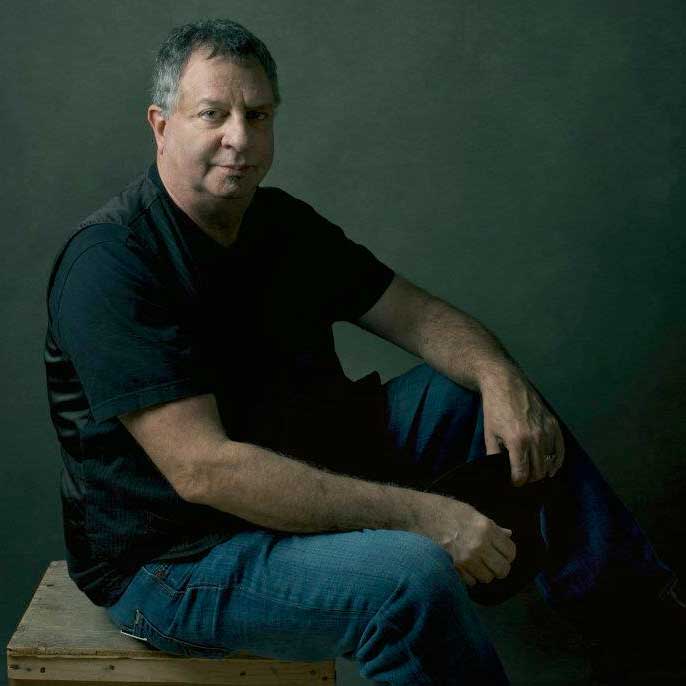The American people came out to vote and vote they did. I was most concerned about the state of the nation prior to Tuesday, November 8, 2022. But by the end of the day, I was no longer concerned but instead felt infused by the tenacity and the strength of the American People and a great win for democracy.
There is a reason we have a two-party system just as there is a reason for the checks and balances between Legislative, Judicial, and Executive branches. In our federal government, our Constitution created three branches to govern the United States and power is divided between the three: the Legislative Branch makes the laws, the Executive Branch enforces the laws, and the Judicial Branch interprets the laws. We have a separation of powers dividing the government into those branches, which have their own unique powers. This ensures that no one branch is more powerful than the other This creates a balance of power in our democracy.
We have a similar situation with our two-party system and the two-party system is vital to democracy. This year the American public stood up for democracy. There was much talk of a Republican overload in this year’s midterm elections. This failed to happen so kudos to voters. A one-party system that was seemingly desired by the GOP is frankly not such a good idea. History is riddled with these.
And no political parties and politicians are not part of our Constitution. The Constitution came before parties were born. However, the two-party system has been created over the past almost two hundred-fifty years. It is built on time-honored laws, party rules, custom and tradition. Although there are several third parties operating in our country, they do not have the popularity nor the power of the two parties.
In a one-party system, other parties are either banned or so impaired that they are unable to compete with the so-called ruling party. Do I need to give you examples? Well sure, here you go: Nazi Germany and the People’s Republic of China, North Korea, Vietnam, and Cuba to name a select few. You see where I am going with this? Too much strength in one party eliminates the competition and prevents real democracy from taking place. That’s why it is called a dictatorship—too much power in to too few hands.
On the other hand, in a two-party system: power changes between the two parties. Ideally, the voters get a very clear choice by examining each party’s platform. The winning party forms the government.
Power usually changes between two parties, and the people get a clear voice by their choice. The party that wins the majority structures the government while the other sits in opposition. Strong opposition is good for democracy. A two-party system should encourage political parties to work together and find common positions. This is in turn is very healthy for a government. It can create political stability and encourages the politicians and the branches to work together to create a better government. Obviously, this would also create and lead to economic growth which is great for everyone.
I’ve grown to love our two-party system. It creates checks and balances much the way our form of government divides its power. Healthy competition is good. This is not about hating the other party and its members. Hate does not encourage stability and growth. By creating a system where all are encouraged to work together despite their differences, the stronger our democracy becomes.

